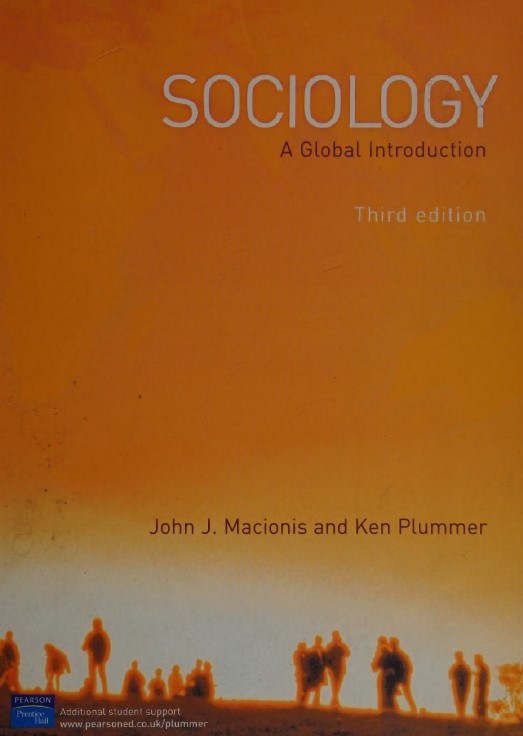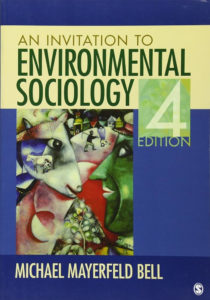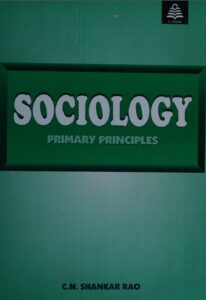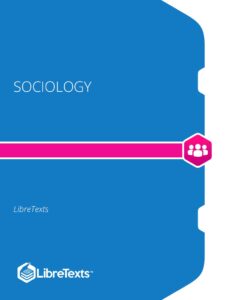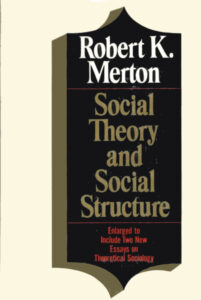Extract
What is sociology?
We can start by saying that sociology is the systematic study of human society. At the heart of sociology we may say there is a distinctive point of view. It should be more than you find in a good documentary on a social issue. It is certainly more than listings of facts and figures about society. Instead it becomes a form of consciousness, a way of thinking, a critical way of seeing the social. It takes a while, sometimes years, for this ‘consciousness’ to become clear.
In this section, and subsequently in the whole book, we ask what is distinctive about this way of seeing? The box
below gives a few standard definitions which you may like to consider.
Author
John J. Macionis is Professor of Sociology at Kenyon College in Gambier, Ohio, having graduated from Cornell University and the University of Pennsylvania. At Kenyon, he has chaired the
Anthropology-Sociology Department, directed the multidisciplinary programme in Humane Studies and presided over the College’s Faculty. He has also been active in academic programmes in many other countries.
His publications are wide-ranging, focusing on community life in the US, interpersonal intimacy in families, effective teaching, humour and the importance of global education. He is co-editor of Seeing Ourselves: Classic, Contemporary and Cross-Cultural Readings in Sociology, co-author of Cities and Urban Life and author of the concise introductory text, Society: The Basics.
Ken Plummer is Professor of Sociology at the University of Essex, and has been actively involved in teaching introductory sociology for the past thirty years. He has been a Senior Lecturer at Middlesex University, and a visiting Professor at the University of California (Santa Barbara) and the University of New York (Stony Brook), as well as giving lectures in many countries around the world.
Apart from an interest in introductory teaching, his major research interests lie in the fields of sexuality, stigma, methodology and symbolic interactionist theory. He is the author of Sexual Stigma (1975), Telling Sexual Stories (1995) and Documents of Life-2 (2001) as well as the editor of The Making of the Modern Homosexual (1981), Symbolic Interactionism (1991, 2 vols), Modern Homosexualities (1992), The Chicago School (1997, 4 vols) and Sexualities: Critical Assessments (2001, 4 vols). He is also the editor of the journal Sexualities.
